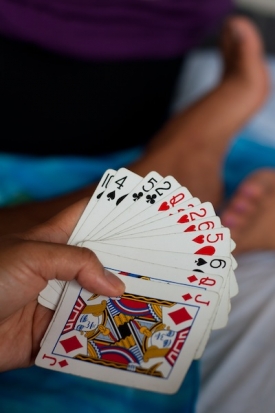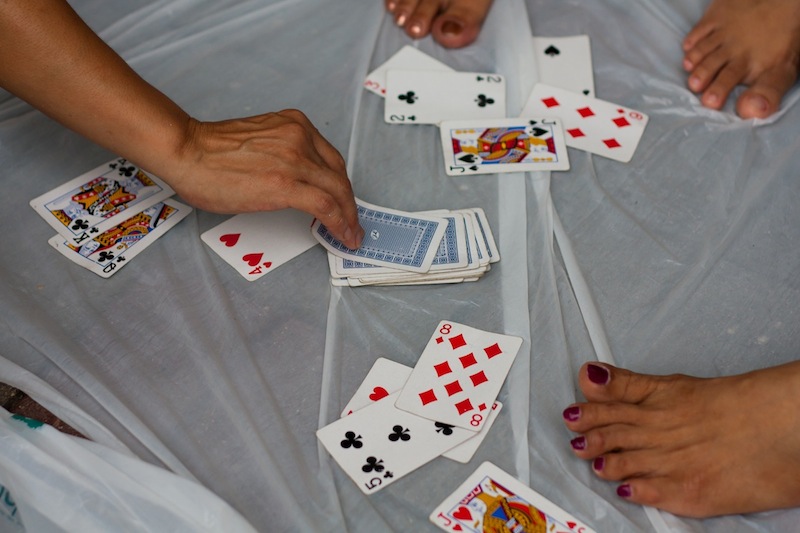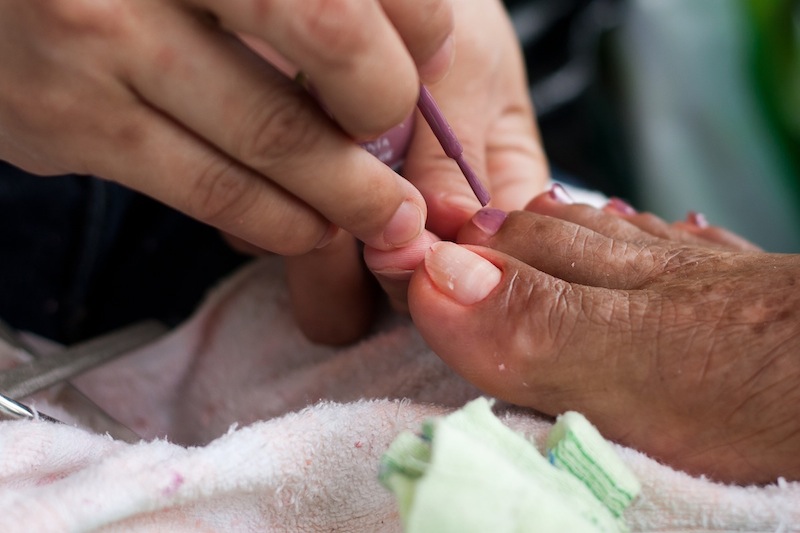A great many column inches across the Intergoogles are devoted to the notion that photography is not a crime and to the rights of photographers to be able to shoot what they want to, where they want to, when they want to. This is something about which I have been vocal in the past and until that heaven-sent day when officious security guards without an understanding of the law and with an over-inflated sense of ego get their acts together, I will be continue to be, too. I spend what seems an absurb amount of time explaining to the non-photographic public that, yes, actually, when they are in a public place I do have every right to take their photograph. The term is 'no reasonable expectation of privacy.'

These are our rights.
However, if the obverse of our photographic coin are our rights, the reverse is our responsibility. Anyone who practises the craft of photography has a responsibility to their story and to their subject. We're privileged to be able to record the world around us, to be able to slice moments out of time and make pictorial records of them, and to be able to show people another life, a different way. Unless we're prepared to do this with sensitivity and respect, there's no point in doing it all. What's the point of telling the story if we're going to ride rough-shod over the subject?
We have a responsibility to tell stories honestly and with compassion, protecting and respecting our subjects as necessary.
This was rammed home to me today as I went to catch the ferry from Hong Kong Island to Kowloon.

Sunday is the day off for Hong Kong's great tribe of amahs. In years gone by, amahs were housekeeper-cum-nursemaid spinsters who became a part of the family for whom they cared. They'd watch one generation grow up and help to raise the next, a constant presence in the family. Nowadays, amahs are imported domestic help for Hong Kong's more affluent residents. They cook, they clean, they care for the children, and they walk the dog.
The majority of amahs come from the Phillipines, but there are plenty from Malaysia and Indonesia, too. As they are live-in employees, they have nowhere to socialise other than in public. On Sundays, then, they gather in their thousands to worship, to chatter, to do their hair and nails, to play cards, to eat, to drink, and to be merry. The entire area around Central station on Hong Kong Island is a fantastic cacophony of cackling laughter, raucous gossip, and 80s music. (There might well be other music, but I only heard reminders of my childhood.)
Everywhere I looked, there were incredible photo opportunities.
Every time that I raised my camera to my face I was met by resolute head-shaking. None of these women were in the least content having their photos taken.
So what to do? I could I have stood there explaining that I didn't care whether or not they were happy with me taking their photos, they were in public, and dammit I can. But these are pretty feisty ladies, and I didn't much fancy having a few thousand of them chasing me through the streets and across the aerial walkways of Hong Kong. I'm not the protagonist in a martial arts film, thankyouverymuch. And obviously something was bothering them. It would have been easy to walk away and leave it. But, there was more to this than met the eye. They were women, I'm a woman: I approached them.

It transpires that many of these women are working here illegally. They are terrified that if their images are splashed all over the intergoogles or over newspapers and magazines, the wrong person might see it and they can be deported. They don't know who I am or what I'm going to do with their pictures, so they'd much prefer their collective anonymity and safety in immense numbers.
Even worse, some of these women are abused by their employers. The majority of maltreatment is verbal, but there's physical and probably sexual abuse, too. They don't want to rock any boats and they don't want to get into trouble, so no pictures, please.
What, then, if I took their photos so that they couldn't be identified? Shots of hands and feet with no faces at all? What would I do with the photos, they asked. Tell your story, I said.
Okay.
I have my pictures, the world has a story, and for one two-hundredth of a second, these Filipina amahs have the respect that they deserve.





